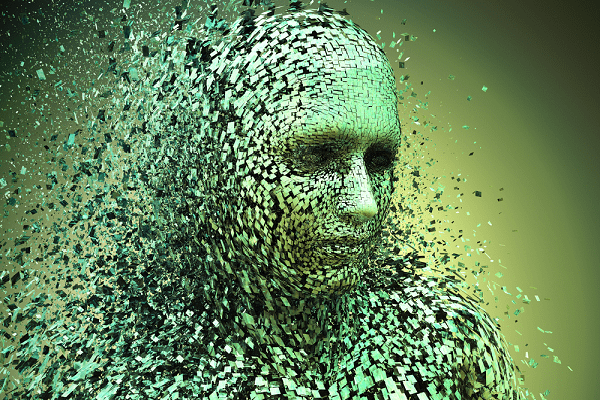Medicine questions >>>> Chronic form of the disease
Chronic form of the disease.

Whatever the disease, there is always a danger of developing its chronic form. When does the disease become chronic?
Diseases can occur in several forms - latent (latent), acute and chronic. Each of these forms is due to the causes of the disease and the degree of body resistance.
The latent form of the disease develops against the background of the inaction of the immune system, when the causative agents of the disease have not yet been identified, the altered biochemical processes do not cause obvious symptoms of dysfunction of the systems and the corresponding response reactions - the body does not offer any resistance.
The acute form of the disease is a vivid manifestation of malaise, when the immune system includes all the levers of defense, since pathogens or foreign cells are recognized, mechanical, physical, chemical disorders are detected. Feeling unwell can be caused both by the virulence of pathogens, toxicity of substances or the extent of the injury, and by the emergency activation of all possible mechanisms of protection and tissue repair. The body signals with bright signs of the disease - it fights with all its might.
The chronic form of the disease is a period of the course of the disease when the protective functions and adaptive reserves of the body are exhausted, but the cause of the disease has not been eliminated. The body resigns itself to the presence of mechanical, physical, chemical or biological damage, cannot completely eliminate the violation, but includes compensatory mechanisms that temporarily support the vital functions of the body. Destructive processes in the body continue at a slower pace.
The cause of the chronic form of the disease is considered to be unsuccessful treatment or no treatment at all.
The chronic stage of the course of the disease is characterized by relapses and remissions. Relapse is a period when compensatory functions fail, and there is a surge of acute manifestations of the disease. Remission gives way to relapse, and the body returns to a sluggish course of the disease with incomplete recovery of functions.
Chronic forms of diseases are very difficult to treat, as they turn into a kind of form of the organism's existence. That is why it is very important not to bring the disease to a chronic nature, but to extinguish it by all available methods during the acute stage.

Read

Read



























